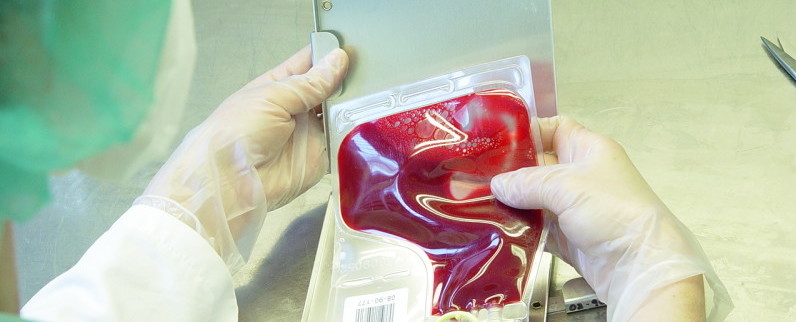
Potassium and Hyperkalemia
Potassium is a mineral in your body cells that performs several important body functions. Hyperkalemia is the condition when your blood has too much potassium in it.
Adrenal glands are tiny structures that sit on the top parts of your kidneys. They secrete (hide and release) a chemical called “aldosterone”.
Aldosterone signals the kidneys to release potassium along with urine. By doing so, the body is able to keep up a constant level of potassium in the blood. However, if your adrenals are not working properly, the levels of aldosterone start to fall and your kidneys are no longer able to release the potassium in your urine.
When aldosterone starts to fall and the kidneys are no longer able to release potassium in the urine, the potassium starts to accumulate in the blood causing hyperkalemia- high blood potassium.
Why Diabetes Causes Hyperkalemia?
If you have diabetes, your body is unable to produce insulin- the chemical that regulates sugar levels in your blood. This triggers the fat cells to break down and release ketones. Ketones are chemicals that increase the acidity of your blood.
High blood acidity, combined with high blood sugar, acts to force the potassium in your body cells to move out into your blood. Therefore, the potassium content of your blood increases.
Further, high blood glucose in diabetes is capable of destroying the blood vessels in the kidneys and the adrenal glands. This reduces their capacity to release potassium with urine and eventually you develop hyperkalemia. This is how your diabetes may lead to hyperkalemia.
Symptoms of hyperkalemia are:
- Muscle Fatigue
- Weakness
- Paralysis
- Heart beating in an irregular way
- Nausea
If you have any of these symptoms, talk to your doctor. Your doctor may order blood tests to diagnose hyperkalemia. If you have hyperkalemia, it is important that you follow a diet low in potassium. Avoiding high potassium foods like sweet potatoes, bananas and soy beans can help prevent hyperkalemia in mild cases.
